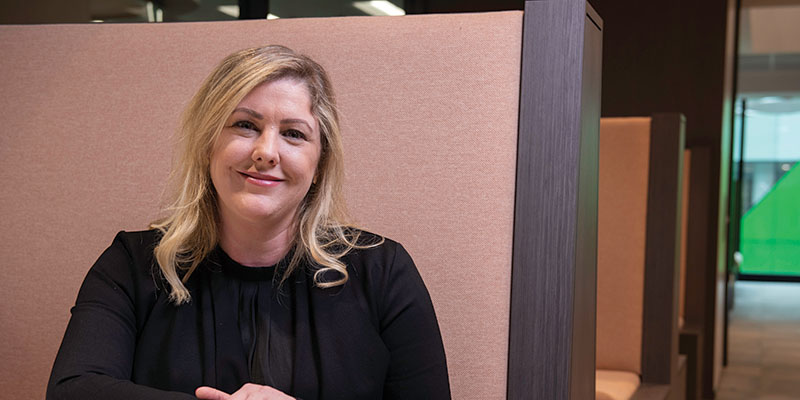
Dr Rebecca Glauert
Collaboration is at the heart of everything CoLab does – after all, it’s the grounding of its name.
It’s no wonder, then, that the Child Development Atlas is proving popular even before its official launch – because it brings together government services with community, practitioners and researchers. And it’s doing so to build a brighter future for Western Australian children.
Initially conceived by The Kids Research Institute Australia’s Developmental Pathways and Social Policy team and supported by CoLab to bring it to fruition, the Child Development Atlas is an online, interactive tool that maps data on indicators of learning, wellbeing, social, and developmental outcomes for children and families.
Piloted with a select group of stakeholders including policymakers, practitioners, researchers and community members, the Atlas uses government data to map indicators of child development that can help provide insights into the associations between neighbourhood-level factors and children’s outcomes.
Developmental Pathways and Social Policy co-head Dr Rebecca Glauert said the Child Development Atlas, which has recently finished the testing phase, had been piloted by representatives from state and local government, research institutes, community services and consumers.
“We’ve included a broad range of indicators in the Atlas, selected to reflect what is important to governments, service providers, and researchers, as well as the broader community,” Dr Glauert said.
“While most of these are health- and social-related, with some early education indicators, we’ll be continually refining this list to increase the range of information available in the Atlas.”
CoLab Co-Director of policy, Mr David Ansell, said the ground-breaking platform would allow communities to better tailor programs and services to improve the wellbeing of children.
“The pilot of the Child Development Atlas has been warmly received by service providers,” Mr Ansell said. “They believe it will make a real difference to their ability to support families as they navigate the challenges of early childhood.”
